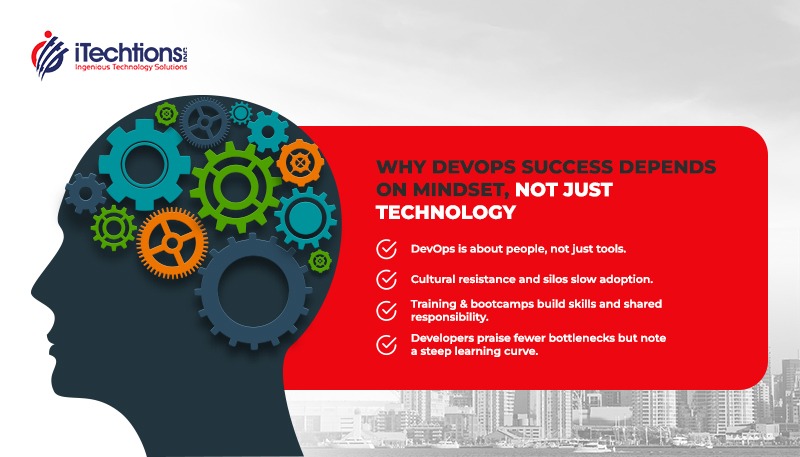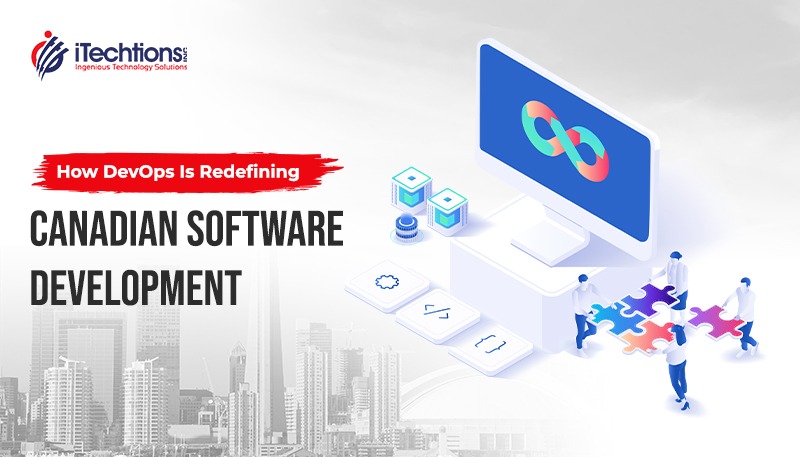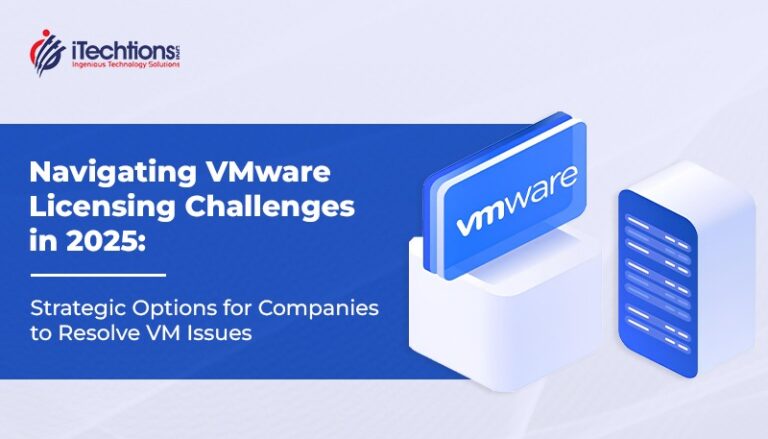The tech scene in Canada is undergoing a quiet revolution, and DevOps is at its heart. Over the past year, businesses have increasingly embraced DevOps to streamline software development and operations, blending collaboration, automation, and continuous delivery into a cohesive strategy. This isn’t just about faster code deployment; it’s about building a culture where teams work seamlessly to deliver value. From startups in Vancouver to enterprises in Toronto, DevOps is reshaping how organizations innovate, but it’s not without hurdles—cultural resistance, skill gaps, and legacy systems pose real challenges.
DevOps thrives on breaking down silos. Traditionally, developers wrote code, and operations teams managed its deployment, often leading to friction. DevOps bridges this gap with practices like continuous integration and continuous deployment (CI/CD). A 2024 report noted that Canadian firms adopting CI/CD pipelines reduced deployment times by 35% on average (TechInsights, 2024). Tools like Jenkins, GitLab, and Azure DevOps have become staples, automating repetitive tasks and enabling rapid iterations. For example, a Canadian fintech startup recently slashed its release cycle from weeks to days by implementing automated testing within its DevOps pipeline. This speed is critical in competitive markets where customer expectations evolve daily.

Yet, adopting DevOps isn’t just about tools—it’s about people. Cultural resistance is a common roadblock, especially in organizations with entrenched hierarchies. Teams accustomed to working in isolation may struggle with the collaborative mindset DevOps demands. Training programs are helping bridge this gap, with Canadian tech hubs like Montreal seeing a surge in DevOps bootcamps. These programs teach not just technical skills but also the importance of shared responsibility. X posts reflect this shift, with developers praising DevOps for reducing bottlenecks but noting the steep learning curve for traditional IT staff. One user quipped, “DevOps is like herding cats, but once they’re aligned, it’s magic.”
The integration of AI into DevOps is another game-changer. AI-driven analytics now predict system failures before they occur, improving reliability. For instance, a 2024 study found that AI-enhanced monitoring tools cut downtime by 20% in Canadian enterprises (Gartner, 2024). This is particularly valuable in industries like e-commerce, where even an hour of downtime can cost millions. However, legacy systems remain a thorn in the side of many organizations. Older infrastructure often clashes with modern DevOps workflows, requiring costly upgrades or phased migrations. Companies are tackling this by starting small—pilot projects that test DevOps practices before scaling across departments.
Leadership plays a pivotal role in this transformation. Executives must champion a vision that aligns DevOps with business goals, whether it’s faster market delivery or improved customer satisfaction. Cross-functional teams, regular retrospectives, and partnerships with external consultants are becoming standard to ensure success. The Canadian tech ecosystem is uniquely positioned to capitalize on this, with its strong talent pool and government support for innovation. Programs like Canada’s Digital Technology Supercluster are fostering DevOps adoption by funding collaborative projects between academia and industry.

Security is another critical consideration. As DevOps accelerates delivery, it can inadvertently open vulnerabilities if not paired with robust security practices—enter DevSecOps. This approach embeds security into every stage of the development pipeline, from code to deployment. Recent discussions on X highlight growing interest in DevSecOps, with users noting its role in meeting compliance requirements like PIPEDA. However, the shortage of skilled DevSecOps professionals remains a challenge, pushing companies to invest in upskilling their workforce.
The future of DevOps in Canada looks bright but demands ongoing effort. Organizations must balance technology adoption with cultural change, ensuring teams are equipped to handle the pace of innovation. As businesses navigate these complexities, DevOps is proving to be more than a methodology—it’s a mindset that’s driving Canada’s tech sector forward, one deployment at a time.










